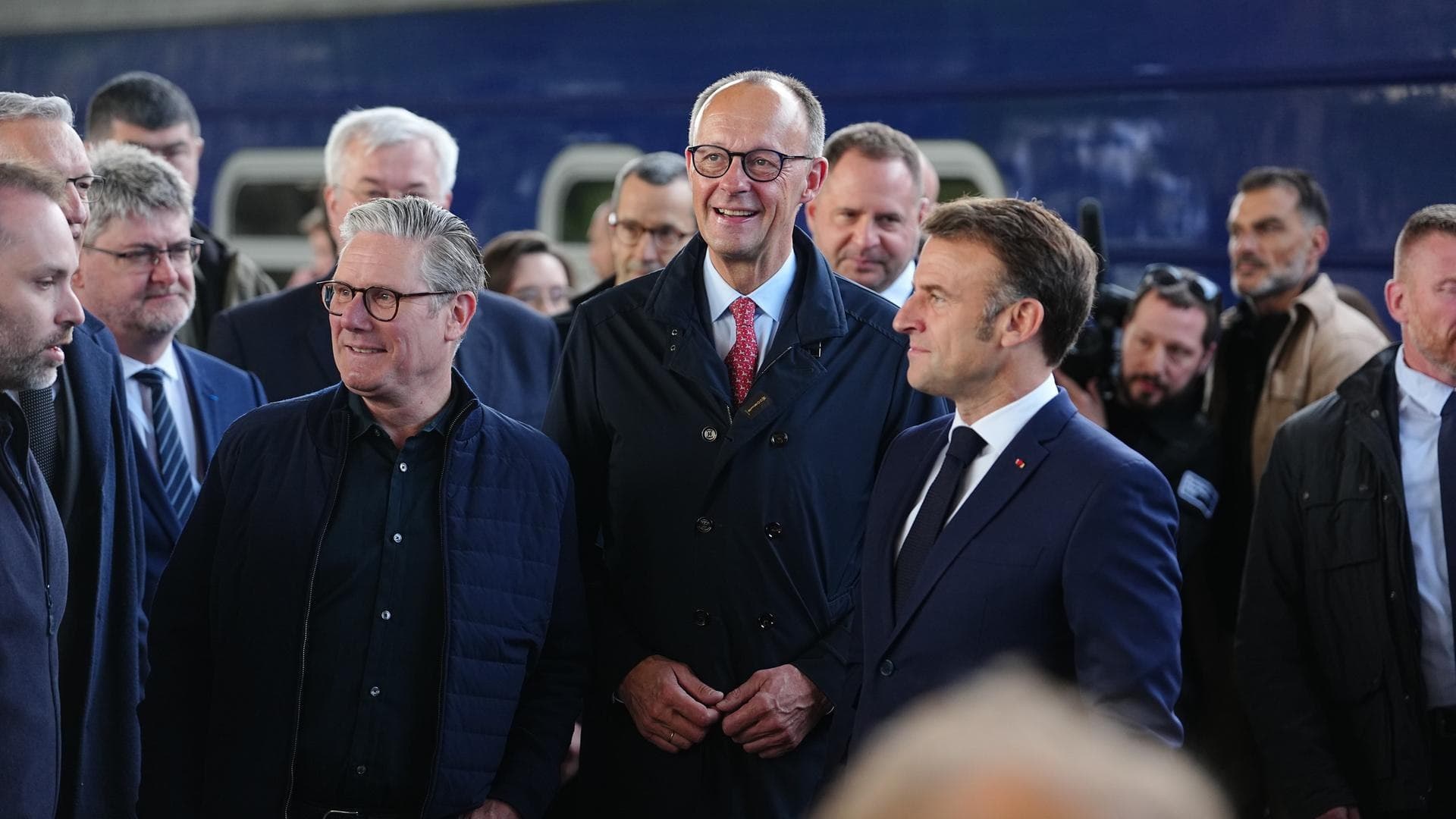Germany and France Firmly Reject Russia"s Return to G8 Amid US Peace Plan Discussions
In a significant diplomatic development, German Chancellor Friedrich Merz and French President Emmanuel Macron have both categorically rejected the idea of reinstating Russia into the Group of Eight (G8) nations. This decision comes in the wake of discussions surrounding a leaked 28-point peace framework proposed by the United States, which includes the revival of the G8 as a potential concession to Moscow. The remarks were made following the G20 summit held in Johannesburg, South Africa, where global leaders gathered to address pressing international issues.
Key Details
Chancellor Merz emphasized that the only country among the G7 members currently supporting Russia"s return to the G8 is the United States. He stated, "Right now, I don’t see any willingness among the six other G7 members... to bring Russia back into the group." This statement underscores the prevailing sentiment among the G7 nations, which includes Canada, France, Germany, Italy, Japan, the United Kingdom, and the United States, regarding Russia"s exclusion from the group since its expulsion in 2014 following its annexation of Crimea.
President Macron echoed Merz"s sentiments, asserting that there are no existing grounds for Russia"s readmission to the G8. This joint stance from two of Europe’s leading powers highlights a unified front against Russia"s potential reintegration into the group, which has been a point of contention in international relations since the onset of the Ukraine crisis.
The backdrop to these statements includes a recent push by U.S. President Donald Trump, who described Russia"s expulsion from the G8 as a "mistake." Trump"s comments have reignited debates about Russia"s role in international diplomacy and its relationship with Western nations. The leaked peace framework reportedly aims to address ongoing tensions between Russia and Ukraine, suggesting that the revival of the G8 could be part of a broader strategy to negotiate peace in the region.
Background
The G8, originally formed as a forum for the world"s major advanced economies, has been a platform for discussing global economic governance, security, and other pressing issues. Russia was suspended from the group in 2014 following its military intervention in Ukraine, which was widely condemned by the international community. Since then, the G7 has continued to operate without Russia, focusing on collective responses to global challenges, including economic sanctions against Russia and support for Ukraine.
The G20 summit in Johannesburg, which took place recently, served as a critical venue for world leaders to discuss various global issues, including climate change, economic recovery post-COVID-19, and geopolitical tensions. The discussions at this summit are particularly relevant as they reflect the ongoing shifts in international alliances and the complexities of global governance.
What"s Next
The rejection of Russia"s return to the G8 by Germany and France signals a continued commitment among Western nations to maintain a united stance against Russian aggression. As the situation in Ukraine remains volatile, the implications of the U.S. peace plan and its potential concessions will be closely monitored by both allies and adversaries. The future of international relations in this context will depend on the responses from Russia and the ongoing negotiations involving Ukraine and its Western partners.
As previously reported, the dynamics of international politics continue to evolve, and the reactions from other G7 nations regarding the U.S. peace framework will be pivotal in shaping the future of the G8 and its role in global governance. For more on related coverage, see our article on recent developments in international relations.



![[Video] Gunfire between Iraqi security forces and Sadr militias in Baghdad](/_next/image?url=%2Fapi%2Fimage%2Fthumbnails%2Fthumbnail-1768343508874-4redb-thumbnail.jpg&w=3840&q=75)
